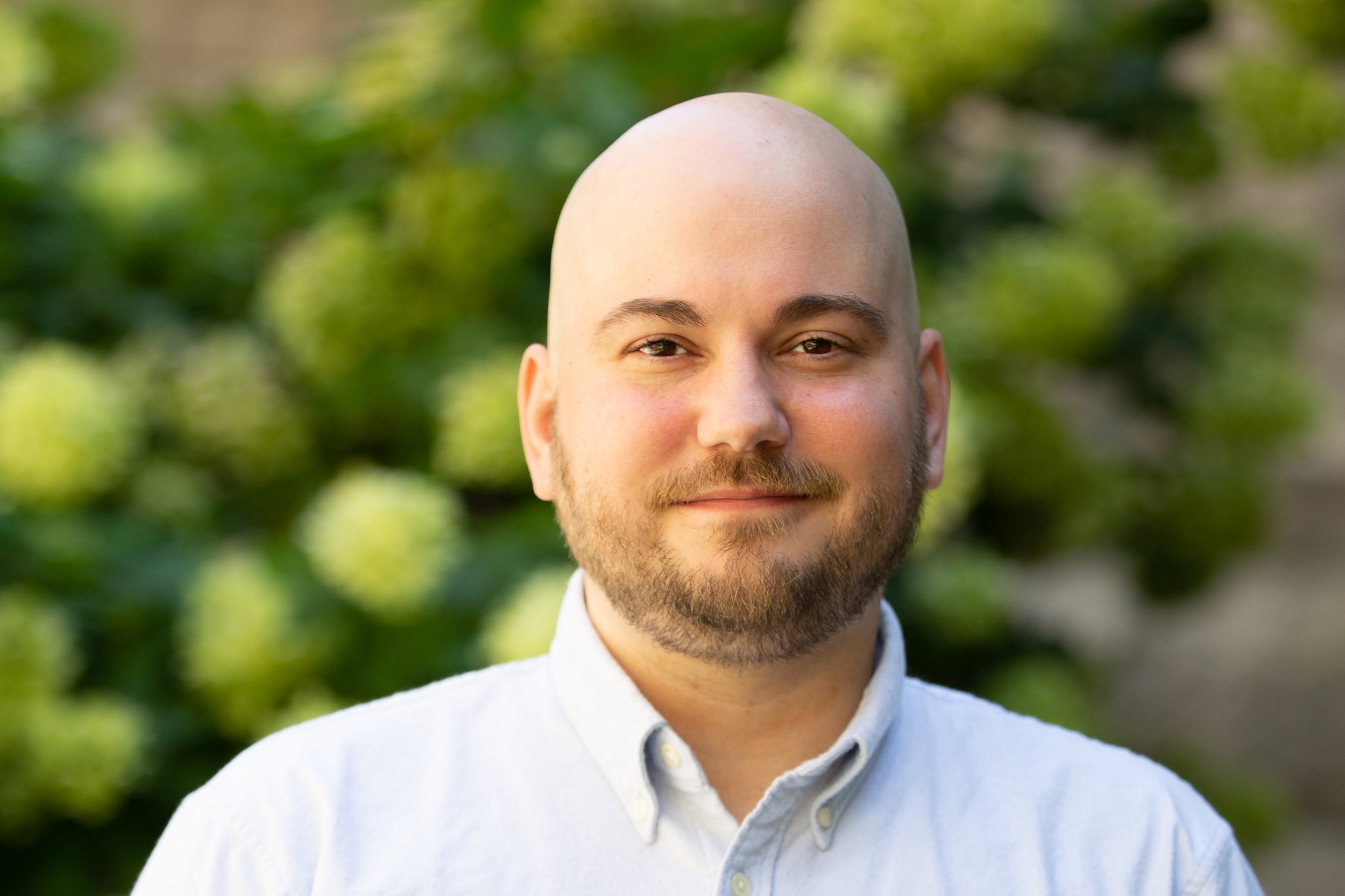Picture this: you’re in a new relationship, your heart’s doing somersaults, and you’re practically glowing like a human lightbulb. Love, or even the hint of it, is one of life’s greatest plot twists. A fresh romance can make your mental and physical health do a happy dance, spark hope in the grumpiest of hearts, and light up your life like fireworks. We humans are basically hardwired for connection. Give us joy, devotion, and a partner who laughs at our bad puns, and we’re as satisfied as a cat in a sunbeam. Those early days of a budding romance? Pure magic. Butterflies in your stomach? Check. Anxiety that you might accidentally send a text meant for your bestie to your new crush? Double check.
The Wild World of Modern Dating
Thanks to the internet, finding a date is now as easy as swiping right while binge-watching your favorite show. Dating apps have turned romance into a buffet of options—there’s someone for everyone, from “loves long walks on the beach” to “owns 17 ferrets and a questionable collection of novelty socks.” But let’s not kid ourselves: for every match that seems made in heaven, there’s a profile pic that screams, “I peaked in 2008.” Putting yourself out there is tough, especially if your heart’s been through the wringer. What if they see the real you—the one who sings off-key in the shower and cries at pet adoption commercials? What if they ghost you? Worse, what if you ghost yourself by overthinking every text you send?
But here’s the million-dollar question: What if it all works out? Sure, you can heal and grow solo (props to you, self-love warriors). Relationships form like a science experiment where you mix equal parts vulnerability, hope, and awkward first-date stories. Stick it out past the honeymoon phase—when the rose-tinted glasses come off and you realize your partner leaves dishes in the sink and snores like a lawnmower—and you might just discover transformative magic.
The Partner Pick: Choose Wisely, Laugh Often
A partner won’t “make” you happy. But they can be the cherry on top of your life’s sundae or the soggy lettuce in your sandwich. Trust your gut—it’s like your internal GPS, even if it occasionally leads you to a drive-thru at 2 a.m. A healthy relationship is worth the rollercoaster of worry and uncertainty, like when you’re wondering if they’ll text back or if they’re just “busy.” Pick someone who vibes with your dreams, whether that’s building a cozy life together or a great adventure. But let’s be real: nobody’s perfect. We’re all lovably imperfect—like, “I forgot how to flirt but I’m great at tripping over my own feet” imperfect. Dating is a messy and sometimes hilarious adventure, and wherever you are on the journey—swiping, crying, or sending memes to your crush—it’s all part of the ride.
Surviving the Dating Jungle
So, how do you navigate this jungle of heart emojis and poorly lit selfies? First, embrace the chaos. Dating is not supposed to be easy. Laugh at the bad dates (like the guy who brought his mom to dinner) and learn from the heartbreak (even the one who dumped you via Post-it note). Keep your heart open. Even if you trip over a few duds, you might stumble into someone who thinks your weird laugh is adorable and doesn’t mind that you quote The Office in every conversation.
In the end, dating is about finding someone who sticks around when the going gets tough, and who maybe, just maybe, loves your quirky, imperfect self as much as you’re learning to. So, go forth, brave the swipe-fest, and don’t be afraid to fall. Like a good Wi-Fi signal, love is worth searching for.
If dating feels like a punch to the heart and old fears are popping up like uninvited exes, or you just need a guide through this chaotic swipe-fest, a therapist can be your wingman. Call (866) 522-2472 to book an appointment and tame the wild ride!


















